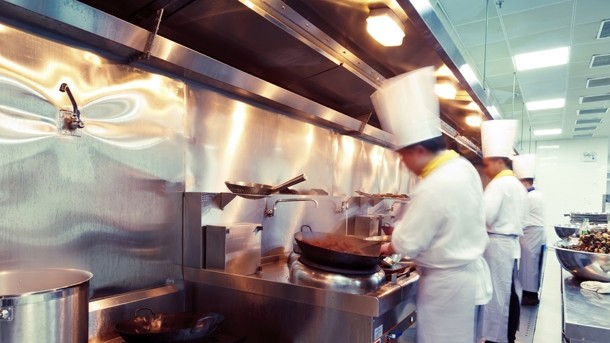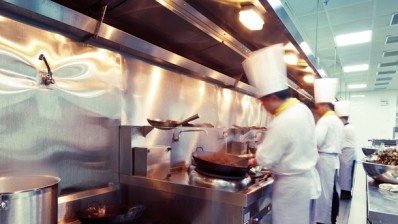Sharing economy: Could the stage help boost chef retention?

The stage, where an employed chef works for free in another kitchen to learn new techniques and gain inspiration before returning to their permanent job, has been commonplace in the industry for several years, but with the staff shortage reaching a critical level over the last two years, the practice has become less popular.
“Chefs have closed themselves into little boxes and said they don’t want to share talent because of the chef shortage,” Mannering told BigHospitality.
“But there are some real benefits to sharing ideas and it can be really rewarding."
Mannering, who worked as a chef for several years before joining HIT, highlighted a stage-style scheme that HIT was working on with 20-strong hotel group Handpicked Hotels.
"The scheme allows chefs to go and work in other kitchens within the group and it has been a great way to recognise talent and is helping their retention," he said. "It would be nice to get, say 20 chefs to sign up to offer a similar scheme to work in their kitchens."
Risky
Matt Gillan, head chef at Matt Gillan at The Pass in West Sussex, offers stages in his kitchen and encourages his staff to take up placements elsewhere. He said the practice was a positive one overall and agreed it could help with retention, but said it was challenging, especially when teams are small and there is a risk of the stagiare being poached.
He said: "As chefs we constantly want to learn so stages can be a great way to keep it fresh for your staff and they'll stay longer with you if you can do that.
"Since the recession staff budgets have got smaller so we don’t have the flexibility within the team. It’s harder to give staff time off to go and work in another kitchen when you have fewer working. It can be risky too.
“I had one chef who wanted to work with Sat Bains and I said ‘he’s going to offer you a job if you go,’ and sure enough he did. That’s the risk you take, but it’s also a job well done, because he went on to work in a two star kitchen and I was proud of that."
Talent shortage
While many chefs are supportive of stages, the real problem is the lack of availability of chefs to take them up.
Gillan said the success of the UK's restaurant sector meant there were now many more one and two Michelin-starred kitchens in which chefs could choose to gain experience in and therefore many kitchens were unlikely to find people willing to take up placements.
Aaron Craig, New Hall executive chef at Rockliffe Hall in Darlington, told BigHospitality this was the case in his kitchen.
The restaurant within the luxury hotel offers placements to college students and staff are encouraged to take paid placements, but take up has dwindled in both areas.
"A few years ago we were struggling to get chef de parties and keep them so we started offering them the chance to go to Le Manoir or Le Gavroche to work for a week and get experience there, but no-one wants to do that anymore. I think because the hours are so long in this industry, chefs don't want to do extra. When they have a week off they don't want to spend it in another kitchen."
Craig, who himself has undertaken a number of stages, including one at The Fat Duck, said many chefs were missing a trick. "It's a shame. I used stages to gain experience and I worked my way up the ranks. It was a great way of learning new skills," he said. "I learned all about sous vide cooking at The Fat Duck, because we never did it where I worked. I use it a lot now here at Rockliffe.
"A stage can be so valuable. It helps to get out there and learn new skills. In some cases it might also help to make you realise it's not so bad in your own kitchen."




















